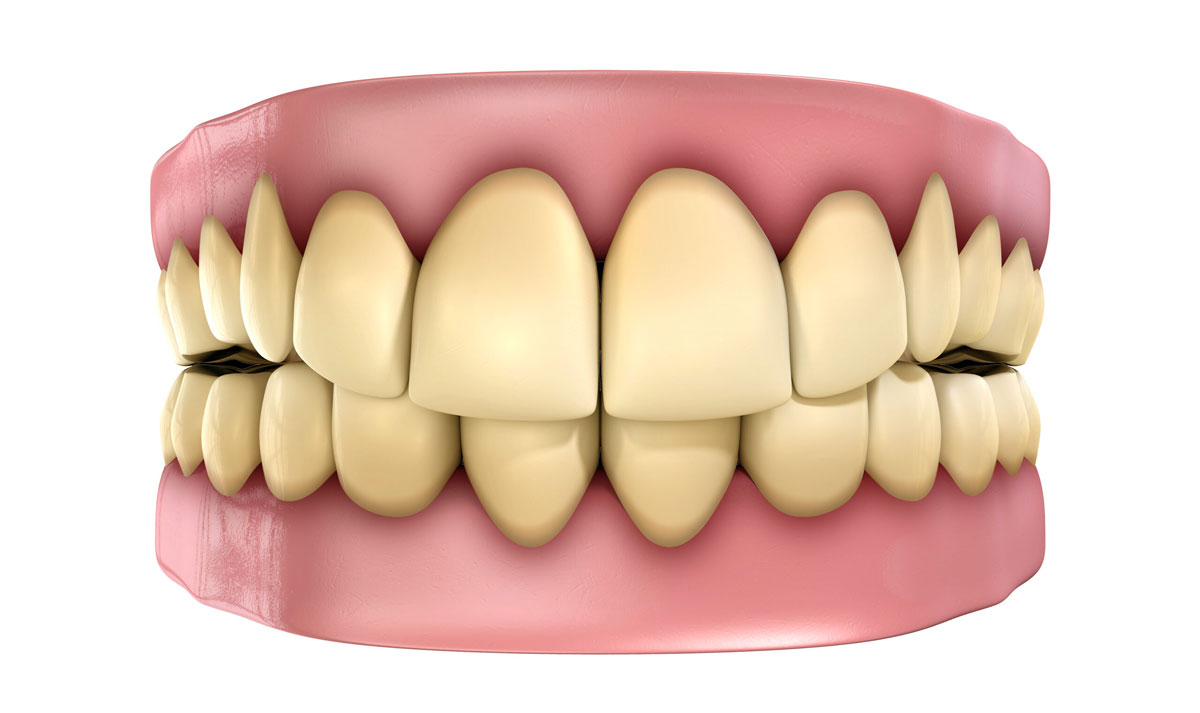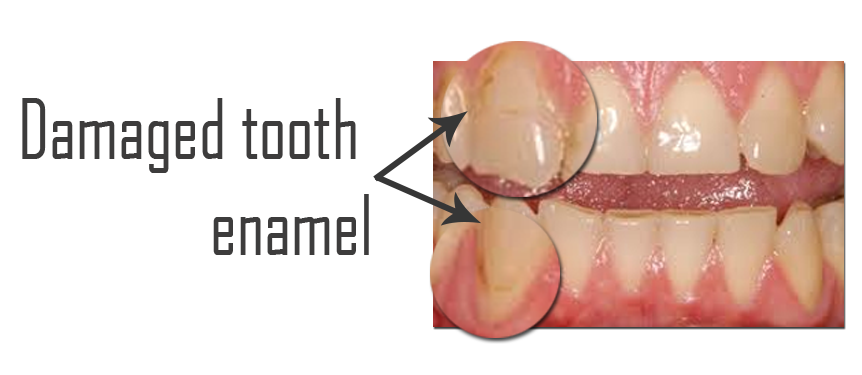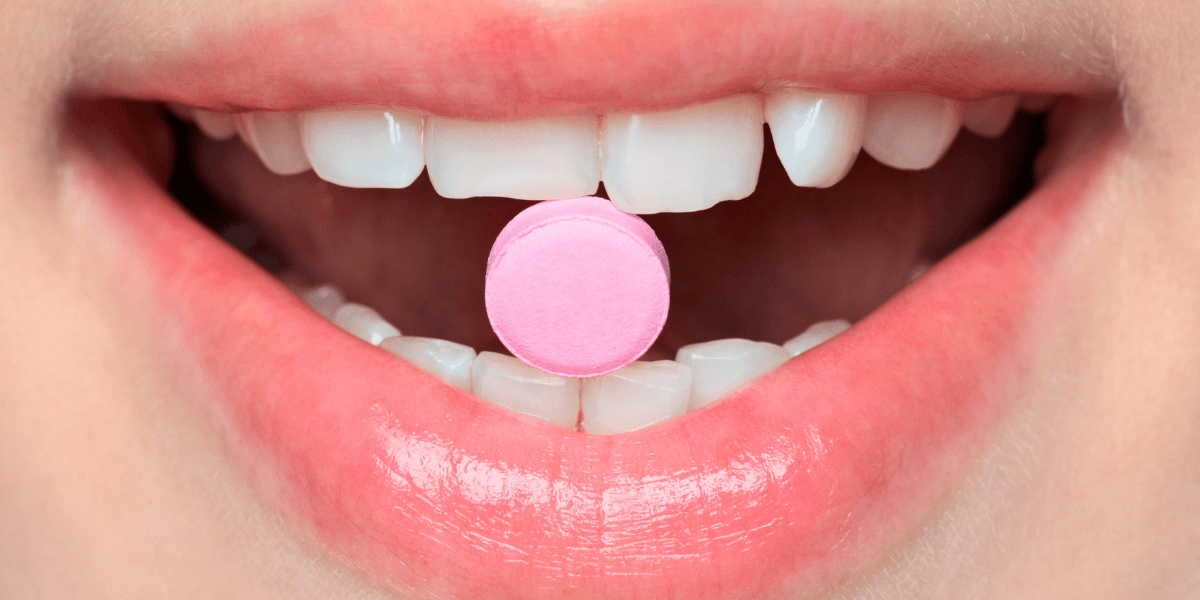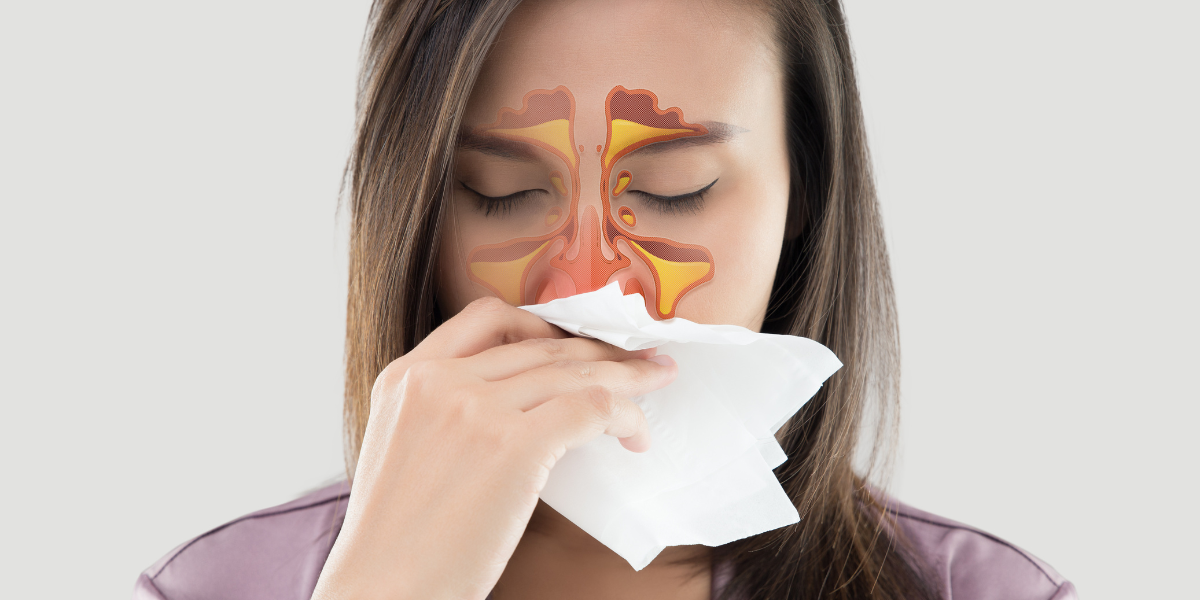
Teeth are comprised of enamel and dentin. Tooth enamel is a clear/transparent coating that protects the dentin from extreme temperatures and impact. The color of dentin varies per person; some have very white dentin while others have an off white yellow or brown color. Dentin cannot be whitened however the stains on the tooth’s enamel can be stain free. With that being said teeth whitening will ONLY restore your teeth to their natural color, whether it be white or an off white yellow or brown.
 Damaged Enamel will result in inconsistent results. Indentations or chips on the surface of a tooth is a sign of damaged enamel. These teeth are usually sensitive to extreme (hot and cold) temperatures and is appears stained.
Damaged Enamel will result in inconsistent results. Indentations or chips on the surface of a tooth is a sign of damaged enamel. These teeth are usually sensitive to extreme (hot and cold) temperatures and is appears stained.
The use of teeth whitening on these areas will usually cause sensitivity and produce minimal results; however the undamaged surface area will restore to the original color of the dentin.
Those who have damaged enamel are encouraged to consult with their dentist prior to whitening. Damaged tooth enamel can be repaired however the enamel will never be restored.
Medications will alter the color of dentin and/or stain the enamel. Children who take antibiotics prior to receiving their permanent teeth will likely have dentine with a yellowish tint. Children who are still developing teeth (usually 8 years of age and under) who are on the antibiotics tetracycline and doxycycline are known to experience permanent dentin discoloration Antihistamines such as Benadryl, antipsychotic drugs, and drugs for high blood pressure are known to cause tooth discoloration but the extent varies by dosage and duration of treatment for the condition.
Previous Dental Work will affect the results of your whitening treatment if you did not whiten your teeth prior to receiving the dental work. When the dentist did the procedure, he/she colored the crown, veneer, or bridges the same shade as your teeth were at the time of treatment which means the maximum effects of whitening on this area will not surpass its original color. This will result in those teeth being a different shade of white than your natural teeth after a whitening treatment. To seek correction we advised you to speak to your dentist.
Dietary consumption will determine the rate at which your teeth whiten. Large consumption’s of foods/drinks that are known culprits of staining teeth will require longer duration of whitening to achieve desired results. If your teeth are not whitening at a rate you expected and you do not feel like you fall into any of the above categories, it is likely you simply need to prolong the duration of your whitening program.
If you are considering teeth whitening but have questions feel free to email support@smilebrilliant.com








